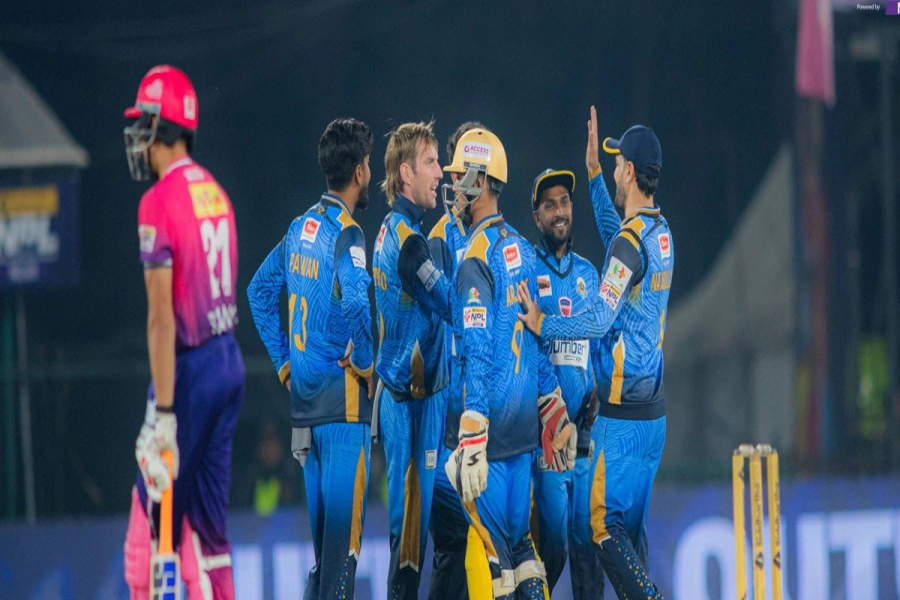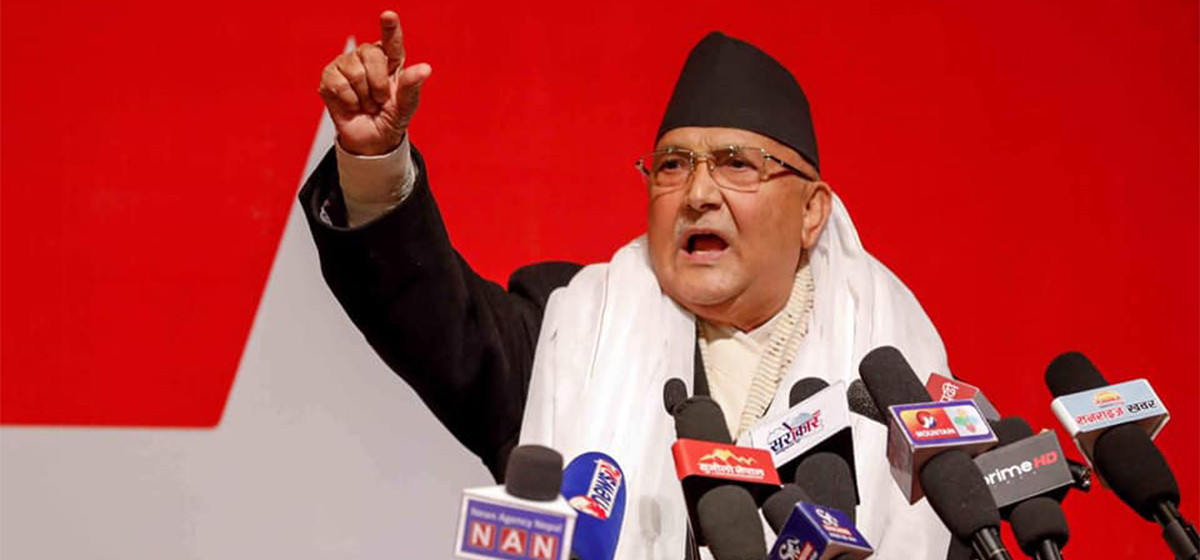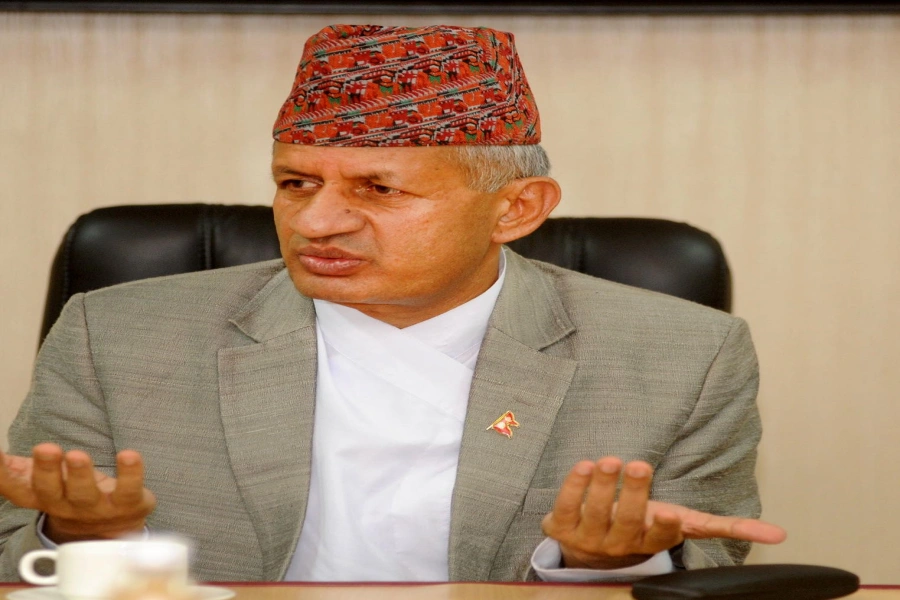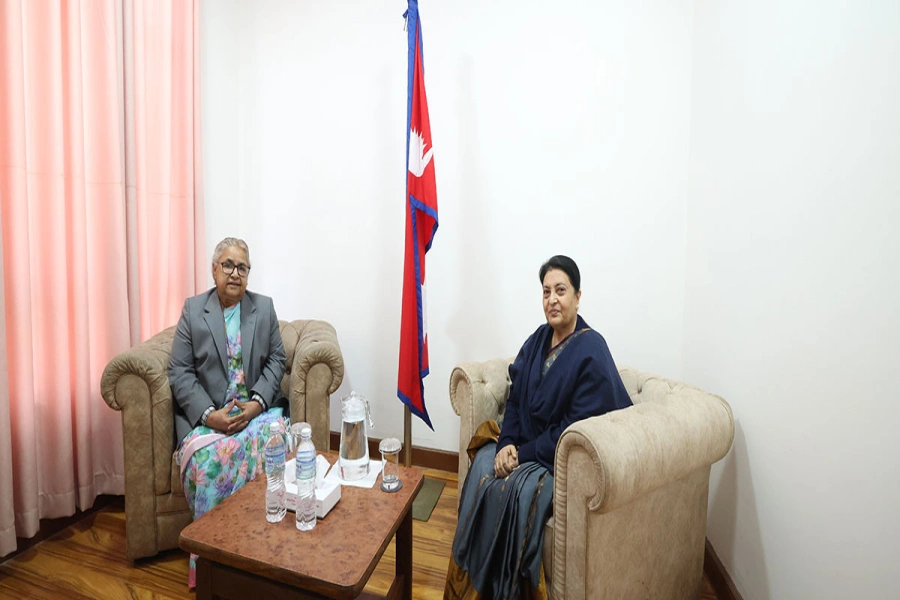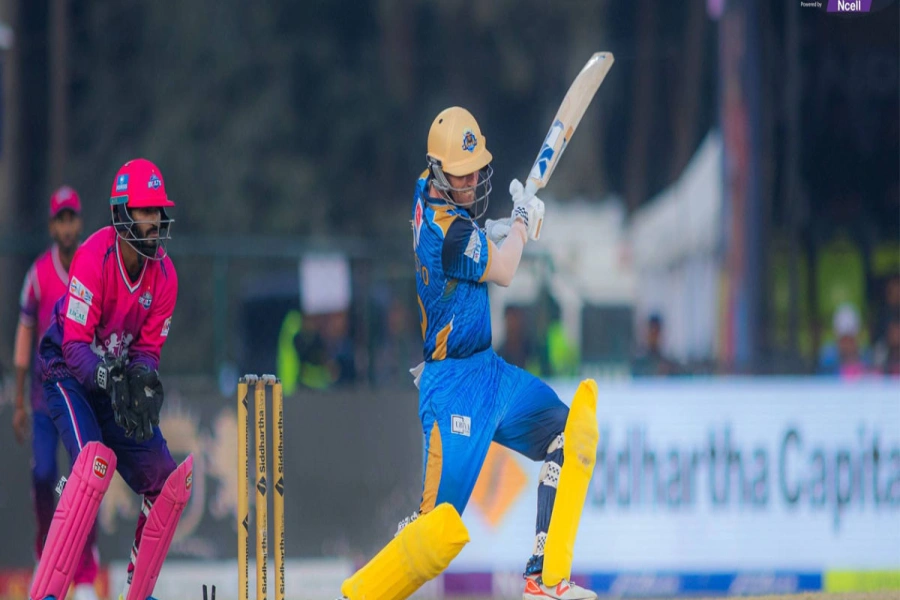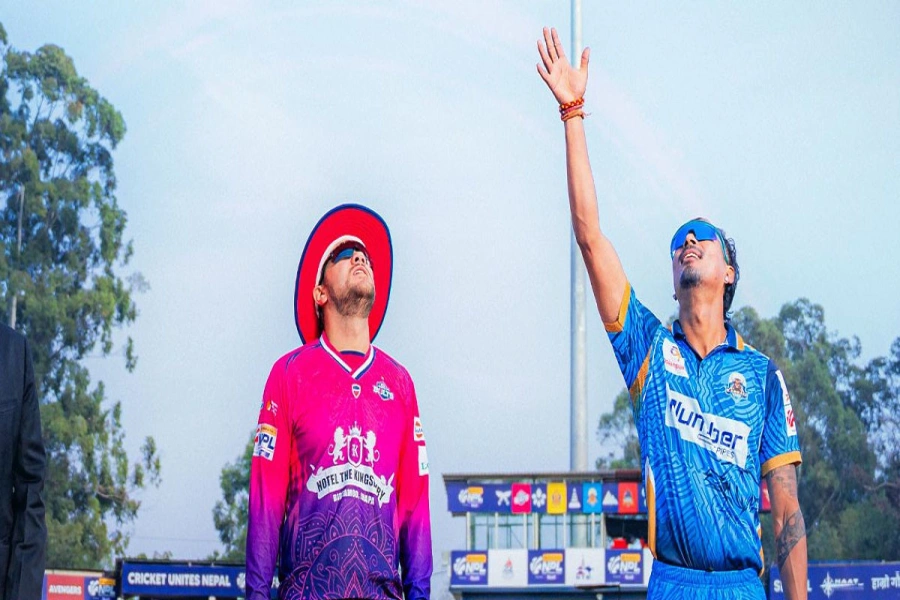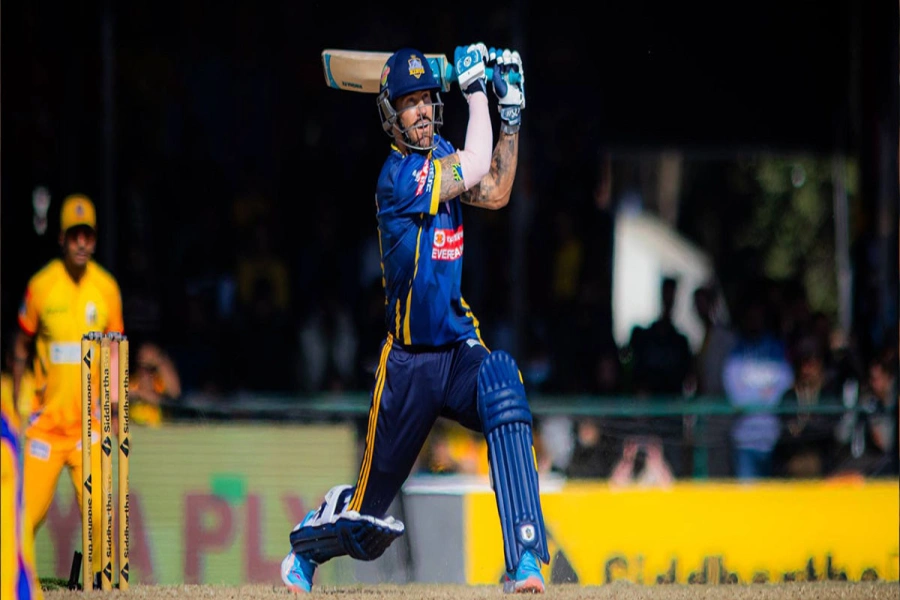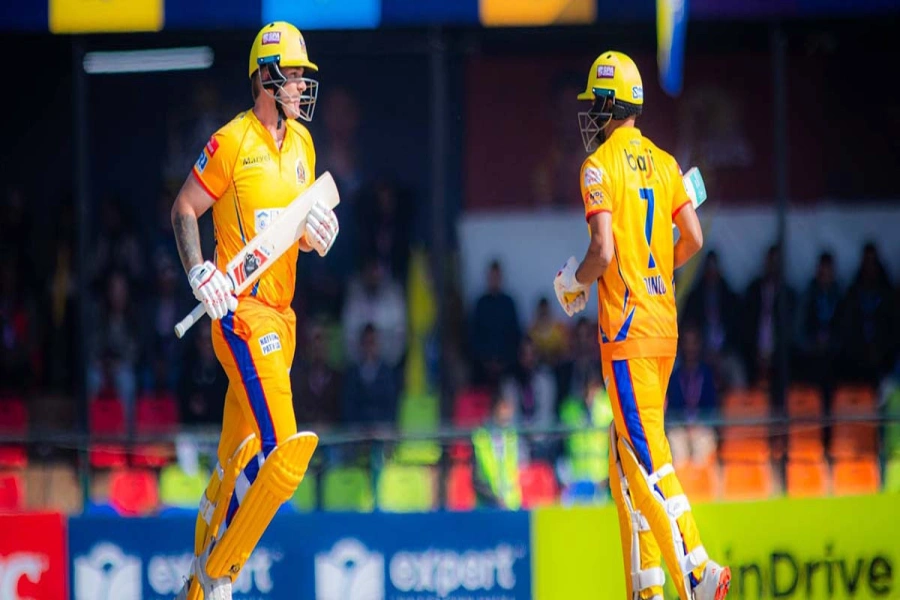KATHMANDU, Aug 17: The ruling Nepal Communist Party has picked its departmental heads, their deputies and provincial in-charges, ending a months-long standoff between top leaders who stood divided into two camps- mainly former UML and former Maoist.
The dispute ended after party leaders reached an understanding to pick Ishwar Pokharel as head of the party’s school department and Bamdev Gautam as chief of its organization department. Selecting the chiefs of the school and organization departments had become a major bone of contention, with the leaders of the two camps pushing their respective trusted names for the key positions.
Asked what factors had helped settled the row over department chiefs – mainly the head of the school wing – that became a major headache for the top leadership, those privy to the development said it was the changed internal power equation in the party.
Party insiders said the internal power balance in the nine-member NCP secretariat was entirely different when the matter of selecting department chiefs first came up some months ago.
Picking NCP dept chiefs gets knottier as more honchos join fray

At the secretariat, which is the party’s topmost body, the team of former UML leaders led by KP Oli was then in a weaker position as those with former UML backgrounds, namely Bamdev Gautam and Madhav Kumar Nepal, were quite dissatisfied with Oli. They had therefore tilted toward the other party chairman, Pushpa Kamal Dahal.
Gautam, Nepal and another former UML party chief Jhalanath Khanal were dissatisfied with Oli due to his working style both as party chief and as head of the government.
While the former UML honchos were divided among themselves, Dahal had emerged stronger with the former Maoist camp united behind him and the additional support from the dissatisfied UML leaders.
Sensing that he was losing his majority in the party secretariat, which has been taking all the crucial decisions in the party, Oli has made a strategic move. He first offered Gautam the post of party vice-chairman and chief of organization department.
Party insiders said given Gautam’s long-time proximity to Dahal, Oli first advised Gautam himself to seek Dahal’s support for the post of vice-chair and organization chief, something which Dahal would never refuse. With Dahal’s nod assured, no other leader would foil the move.
Party leaders said Gautam was Oli’s first choice for weaning away from Dahal as he knew that it was only Gautam who might remain in Dahal’s camp for long. The same thing could not be said of Nepal or Khanal.
Oli then also succeeded to bring Nepal and Khanal back into his camp by heeding their concerns, such as adjusting those close to them as department chiefs or deputy chiefs. Nepal and Khanal are named chiefs of the party’s international affairs and policy and research institutes respectively.
Once all the former UML leaders, who jointly command an absolute majority in the secretariat, stood united, Oli could entertain the choices of the former UML leaders for chiefs and deputy chiefs. And they named former UML general secretary Pokharel as chief of the school department.
Secretariat member Narayankaji Shrestha, who had made a strong claim for the post of school department chief from the former Maoist camp, has now been named chief of the party’s publicity department. He will act also as party spokesman.
The selection of the party’s school department chief became such a hot potato because the chief’s role could be crucial in the coming years for determining the party’s guiding principle. The NCP, which was formed of the former UML and Maoists, has so far not finalized its guiding principle because of the two sides’ conflicting claims.
The former UML wants continuity for their People’s Multi-Party Democracy while the former Maoists want People’s Democracy of 21st Century. The two sides have adopted Janatako Janabad [People’s Democracy] for the time being and made a commitment to settle the matter at the general convention.




